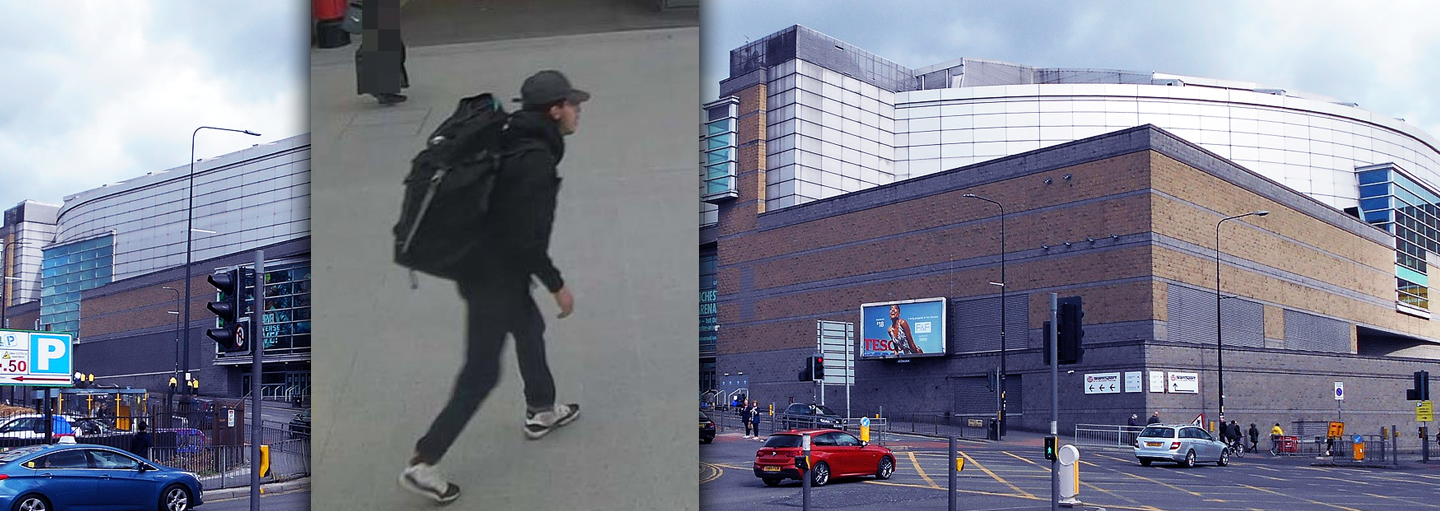A security guard at the Manchester Arena said he had a “bad feeling” about suicide bomber Salman Abedi but did not approach the Islamic terrorist because he was afraid of being branded a racist if his suspicions were wrong.
Kyle Lawler, who was 18-years-old at the time of the Manchester Arena bombing, told police that he noticed Abedi was “fidgety and sweating” prior to the attack which killed 22 people and injured more than 800 others in May 2017.
“I felt unsure about what to do,” Lawler told police. “It’s very difficult to define a terrorist. For all I knew he might well be an innocent Asian male.
“I did not want people to think I am stereotyping him because of his race. I was scared of being wrong and being branded a racist if I got it wrong and would have got into trouble. It made me hesitant.
Lawler went on to say: “I wanted to get it right and not mess it up by over-reacting or judging someone by their race.”
According to BBC News, “Mr Lawler agreed that on five separate occasions after the bombing, he made statements, verbally or in writing, where he ‘deliberately shortened’ the time between him leaving the City Room to the bomb going off, ‘so no one would say, why didn’t you do something?’ the inquiry was told.”
While some may be quick to condemn Lawler for his inaction, we can’t ignore the fact that he’s also a product of his own culture. We have a society that cultivates an overly-sensitive, overly-cautious mentality when it comes to anything relating to race.
Even the police and the media, when reporting on Islamic terrorism, hesitate to call it what it is for fear of appearing racist.
It was only in July that The Times reported that Police in the UK may stop using the words “Islamic terrorism” and “jihadis” when discussing terrorist attacks carried out by Muslims who claim Islam as their motivation.
The move was proposed in order to prevent the public from forming a negative view of the Islamic religion. The reform was requested by a Muslim Police organisation that argued the official use of the terms are responsible for negative perceptions and stereotypes which perpetuated discrimination and Islamophobia.
If Lawler’s suspicions were wrong on the night of the bombing, he risked a public flogging for racist stereotyping and discrimination, all of the things that are now regarded the new unforgivable sins in our society.
Lawler went on to say he “had a guilty feeling, I had a lot of blame on myself.”
And sadly, in a society that condemns the appearance of racism more than Islamic terrorism, we have no reason to think this couldn’t happen again.






















